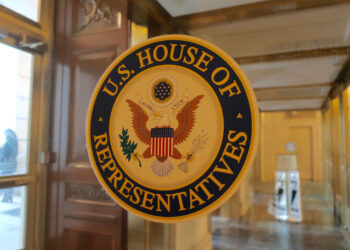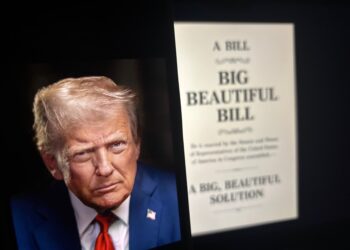Google and the FTC recently struck a $9.4 million settlement with Google over allegations that Google covertly paid influencers to give testimonials praising a phone none of them had ever even touched.
“Google and iHeartMedia paid influencers to promote products they never used, showing a blatant disrespect for truth-in-advertising rules,” said Bureau of Consumer Protection Director Samuel Levine. “The FTC will not stop working with our partners in the states to crack down on deceptive ads and ensure firms that break the rules pay a price.”
“It is common sense that people put more stock in first-hand experiences. Consumers expect radio advertisements to be truthful and transparent about products, not misleading with fake endorsements,” said Massachusetts Attorney General Maura Healey. “Today’s settlement holds Google and iHeart accountable for this deceptive ad campaign and ensures compliance with state and federal law moving forward.”
Google is a multinational technology company that specializes in internet-related services and products. iHeartMedia, headquartered in San Antonio, Texas, is the nation’s largest radio station owner, with more than 850 AM and FM radio stations and an internet radio network that collectively reach more than 245 million listeners each month.
According to the FTC, in 2019, Google hired iHeartMedia and 11 other radio networks in ten major markets to have on-air personalities record and broadcast endorsements of the Pixel 4 phone. Google provided iHeartMedia with scripts that included lines about the Pixel 4 phone like, “It’s my favorite phone camera out there, especially in low light, thanks to Night Sight Mode,” “I’ve been taking studio-like photos of everything,” and “It’s also great at helping me get stuff done, thanks to the new voice-activated Google Assistant that can handle multiple tasks at once.” However, the on-air personalities were not provided with Pixel 4s before recording and airing the majority of the ads and therefore did not own or regularly use the phones.
The agency’s administrative complaint alleges that the companies’ misrepresentations violated the FTC Act.
In today’s influencer market, obscured financial relationships are common, and the FTC and other regulators lack the overall resources to monitor and enforce violations. At present, the best they can do is take occasional aim at the most blatant offenders with the hope that large, high-profile actions will help discourage false advertising practices.












